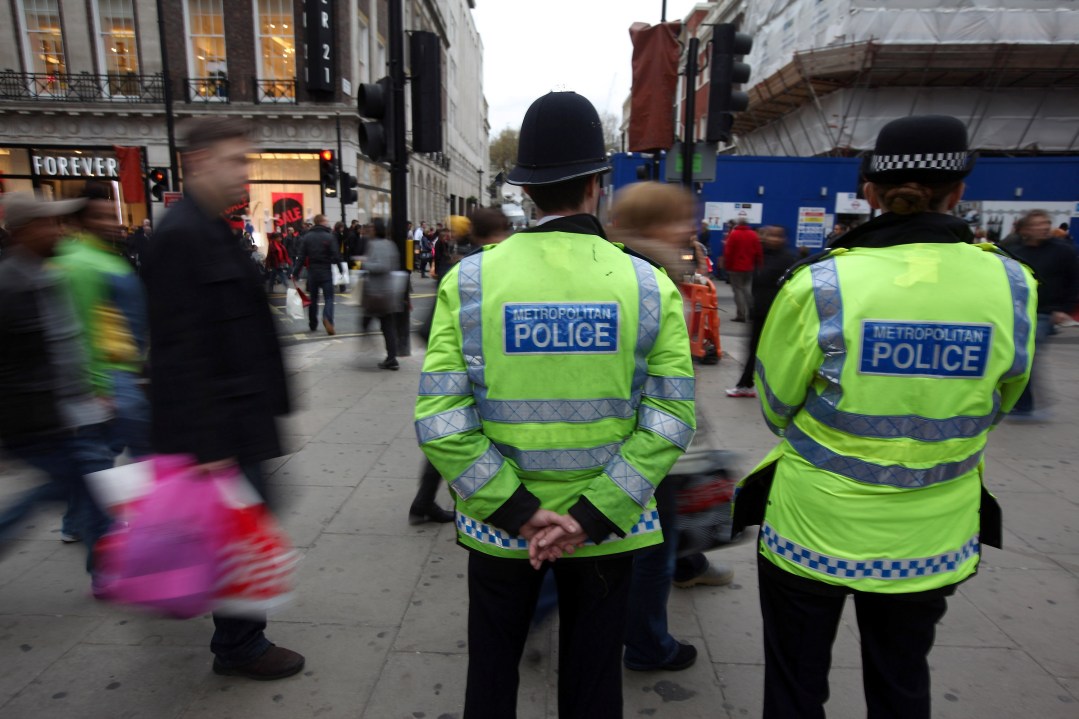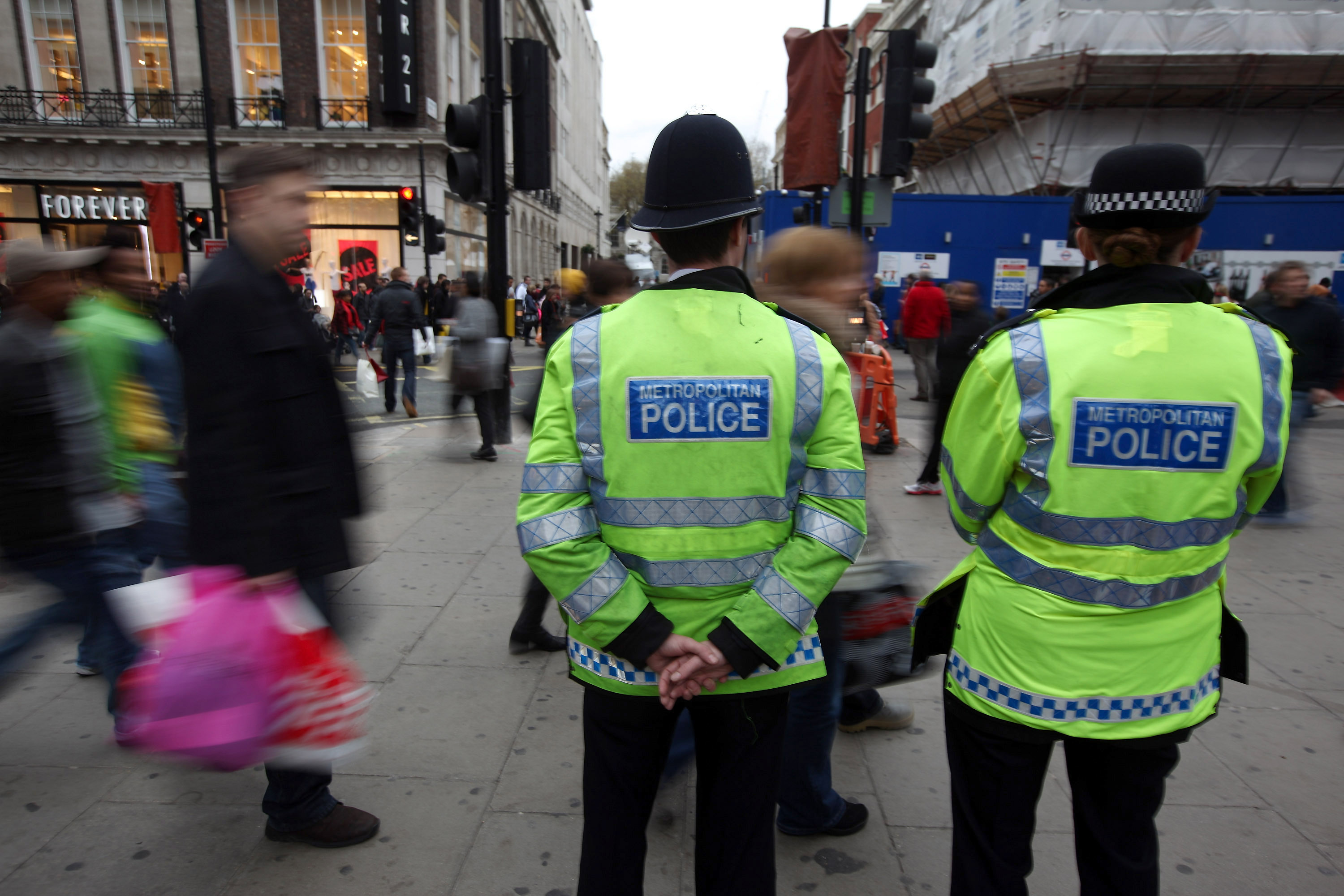There have been signs recently that ministers are slipping back into the policy-by-headline mindset that defined the last Labour government. We’re seeing the sorts of policies that lack evidence, are launched without any detail on timetables or implementation, and are usually geared around an initiative — if possible, a pilot or a local trial that is short-lived and guaranteed not to alter very much. Today the Home Office brought us a classic of the kind: the ‘community trigger’ to address anti-social behaviour.
The Home Secretary’s motivation is sincere, but the method — devised by her officials — is deeply flawed. With what detail we have, we know that it will be piloted in several forces this summer, and it places an obligation on the police and local councils to devise a plan to address a problem such as a noisy neighbour or repeat graffiti, within a fortnight, if a sufficient number of people complain. It is not clear why five households must complain before the power is activated. Why not three, or ten? It is also unclear what a plan would involve, or how much officer time it would take up, or whether a paper plan is really what the victim would want.
In a powerful report from 2010, Her Majesty’s Inspectorate of Constabulary (HMIC) exposed the shortcomings in how police respond to anti-social behaviour. HMIC documented how the ‘quality of life crime’ that plagues communities and creates the breeding ground for more serious criminality is just not taken seriously enough by the police. The death of Fiona Pilkington and her disabled daughter after years of harassment by local youths revealed a catalogue of horrific negligence that should have been a wake-up call for the whole service. Yet so far, despite all the spotlighting by HMIC, little has been done.
So there is no question that Theresa May is right to want to explore this problem, but the community trigger is not the answer. At a stroke this policy would take us back to the bad old days of the ‘Policing Pledge’ and other top-down initiatives that created more process, more paperwork and more excuses for audit of the police, by the police. Do we really want police officers who ought to be more visible, spending even more time back at the station filling in by hand (and no doubt in triplicate) a template form for a ‘Community Response Action Plan’ (or CRAP for short)? How about a few more hours of internal meetings where neighbourhood officers who should be out on the street sit around editing Powerpoint slides?
The Home Office is a matter of months away from having its monopoly on crime policy terminated, with the introduction of elected Police & Crime Commissioners (PCCs) in November, but it still seems to be in 2005 mode. Which is particularly strange because the PCCs will do more to elevate local community concerns than all the initiatives announced by successive Home Secretaries before now. Elected commissioners will be directly accountable to residents in a way that chief constables have not been, and they will be open to new ideas. One idea they might want to consider is being explored by Nick Herbert, the Policing Minister. This reform would give neighbourhoods a legal power to own police officer time and direct it to their priorities. As a new idea it is much more credible as it is actually based on a Dutch scheme that has been operational since 2002, and which seems to have had a real impact on crime and public confidence.
In the end, the main risk is that the ‘community trigger’ does not expire as it deserves to, but is instead enthusiastically seized upon by chief constables who then gold-plate it and impose it on all of their neighbourhood teams — giving them an initiative to feel proud of, but making life more difficult for their officers. One hope is that, like most of the Blairite law and order policies, this one doesn’t survive take-off.
Blair Gibbs is head of Crime and Justice at Policy Exchange.






Comments